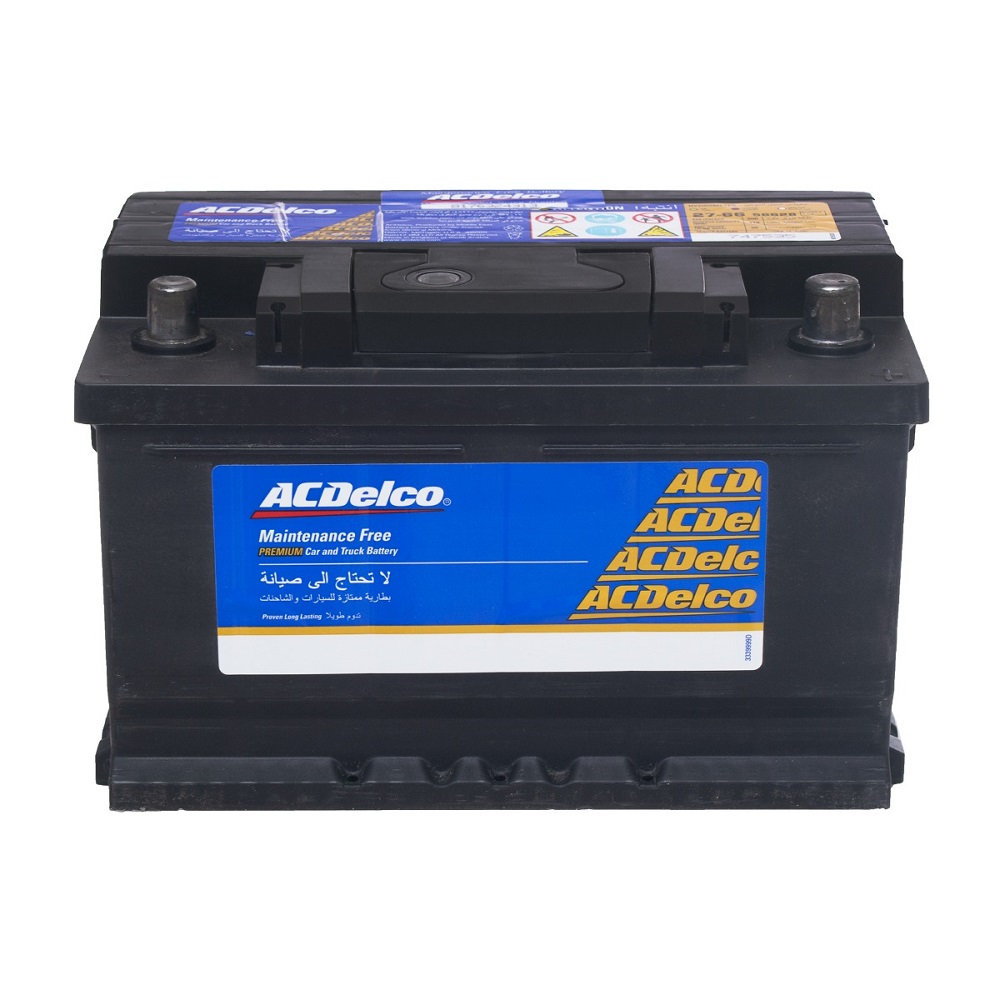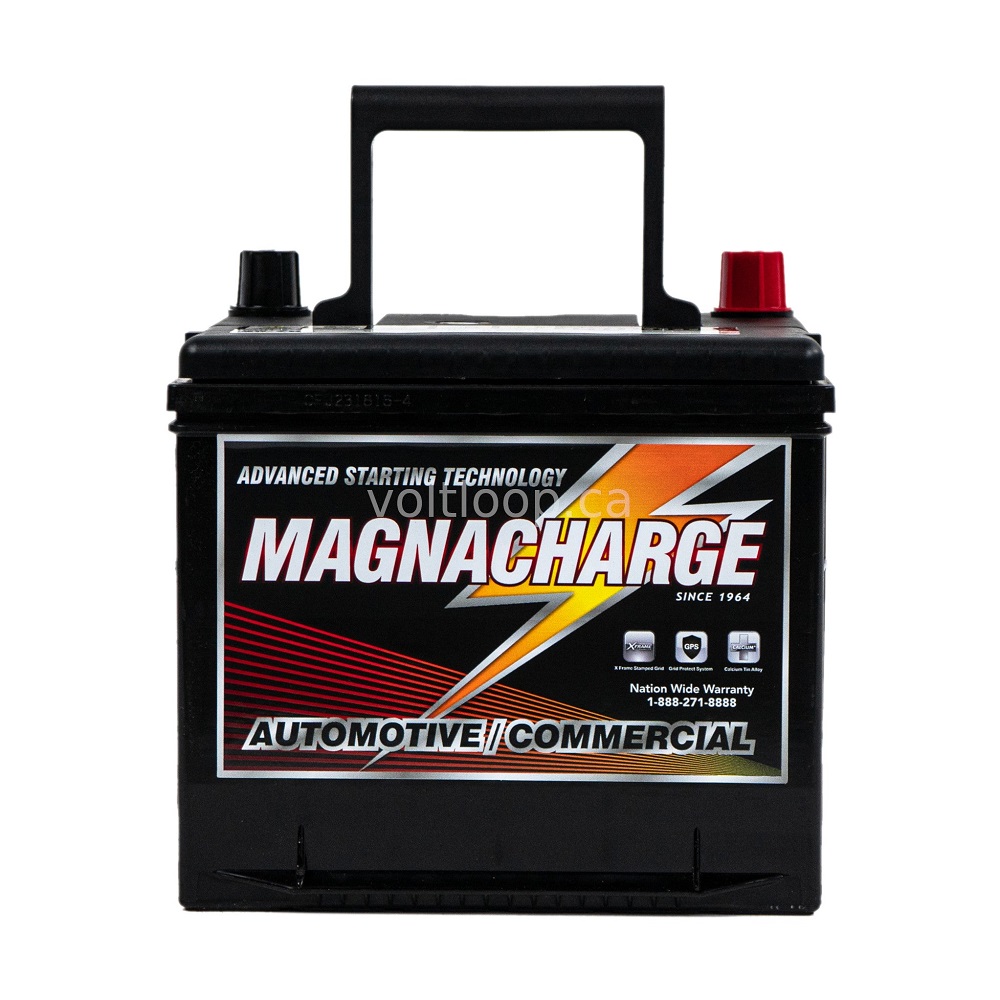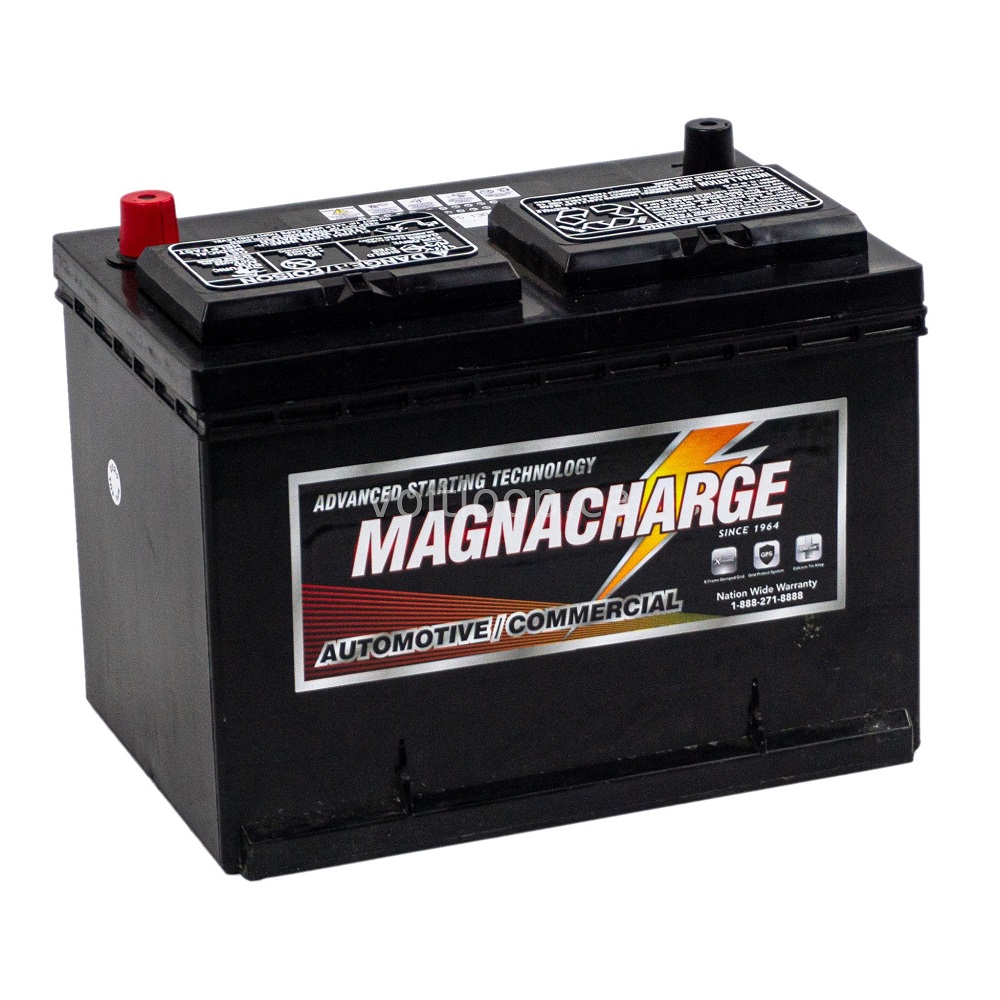Car batteries are essential components of modern vehicles. They provide the necessary power to start the engine and support various electrical systems, including lights, radio, and navigation. However, like all components, car batteries have a finite lifespan. Understanding how long car batteries last and how to maximize their life is crucial for any vehicle owner. How long do car batteries last? This article delves into car battery longevity, factors affecting battery life, and useful tips for extending its lifespan.
Understanding Car Battery Lifespan
Average Lifespan of Car Batteries
How long do car batteries last? The typical lifespan of a car battery ranges from three to five years. Several factors can influence this duration, including the type of battery, climate, and driving habits. Conventional lead-acid batteries usually last about three to four years, while premium absorbed glass mat (AGM) batteries may extend the lifespan to up to seven years under optimal conditions.
The rate of deterioration can vary significantly based on usage patterns. For example, vehicles that are driven daily may maintain a healthier battery than those that sit unused for extended periods. Frequent short trips may not allow the battery to fully recharge, leading to premature failure. Understanding how these variables affect battery life can help you assess your battery’s condition and plan for replacement.
Signs of Battery Wear
As your car battery ages, it may show signs of wear before it completely fails. Some common symptoms include slow engine cranking, dimming headlights, and frequent electrical issues. If you notice that the engine takes longer to start or your lights appear weak, it could indicate that the battery is nearing the end of its life.
Occasionally, you might also notice corrosion around the battery terminals. Corrosion can impact the battery’s performance and should be cleaned promptly. It’s important to conduct regular checks on your battery’s condition to identify these issues early. Addressing warning signs can prevent unexpected battery failure and the associated inconvenience.

Factors Affecting Car Battery Life
Climate Considerations
One of the most significant factors impacting car battery life is the climate in which you operate your vehicle. Extreme temperatures, both hot and cold, can hasten battery deterioration.
In hot climates, excessive heat can lead to increased evaporation of the battery’s electrolyte, resulting in damage. Heat can cause the battery components to expand and shorten service life. In colder climates, low temperatures can reduce a battery’s ability to deliver sufficient current. Cold weather can cause thicker engine oil, making the battery work harder to start the engine.
Driving Habits
Your driving habits also play an important role in the lifespan of your car battery. Frequent short trips prevent the battery from fully recharging, leading to a cycle of partial discharge. Additionally, short trips may mean the battery does not get enough time to recover between uses.
On the other hand, consistent long-distance driving allows the alternator to recharge the battery effectively. If you drive a vehicle mainly for short errands, it may be wise to occasionally take longer drives to ensure adequate battery health. Adapting your driving habits can contribute to better battery maintenance.

Choosing the Right Battery
Understanding Battery Types
When it comes time to replace your battery, choosing the right one is crucial. There are several types of batteries available, each offering different benefits.
- Lead-Acid Batteries: These are the most common type and usually come in two varieties: flooded and sealed. Flooded batteries are less expensive but require maintenance. Sealed batteries, often referred to as maintenance-free, do not require regular checks.
- AGM Batteries: Absorbed glass mat batteries provide superior performance and can last longer than traditional lead-acid options. They are especially beneficial for vehicles with high electrical demands, such as those with complex infotainment systems or added accessories.
Choosing a battery that meets your vehicle’s specifications is essential for optimal performance. Consulting your owner’s manual can provide valuable information on the ideal battery type and size for your vehicle.
Quality Over Price
While it can be tempting to choose the least expensive option, investing in a quality battery is often beneficial in the long run. High-quality batteries may have better warranties and last longer than budget options. Research brands and read reviews to find reliable products that deliver good performance. A trusted battery will save you time and money in replacement costs and unexpected failures.

Routine Maintenance for Batteries
Regular Battery Checks
Performing regular checks on your car battery can help identify potential issues early. Start by visually inspecting the battery for signs of corrosion, leaks, or physical damage. Clean any corrosion around the terminals with a mixture of baking soda and water. This simple procedure can enhance performance and extend battery life.
You should also check the battery’s charge at least twice a year. Many automotive shops offer free battery testing, which can provide insights into its health. A battery load test measures its capacity and can indicate whether it requires replacement. Regular inspections can help prevent unexpected issues.
Keeping Terminals Clean
Keeping the battery terminals clean is vital for good conductivity. If you notice corrosion around the terminals, this can hinder electrical flow. Along with regular cleaning, ensure the terminals are securely fastened. Loose connections can lead to inefficient performance.
If necessary, apply a protective spray or grease designed for battery terminals. This step can prevent corrosion and maintain a secure connection. By prioritizing terminal cleanliness, you contribute to the overall longevity of your battery.

Temperature Management
Protecting from Heat
To maximize battery life, it is essential to protect it from extreme temperatures. In hot climates, consider parking in shaded areas or using reflective sunshades to keep your vehicle cooler. If possible, install a battery insulation blanket to help minimize heat exposure.
When your battery overheats frequently, it can lead to shorter life expectancy. Keeping the vehicle well-maintained, including coolant systems and engine operation, can prevent overheating and maintain optimal battery health.
Insulating in Cold Weather
Cold weather can be harsher on batteries than many realize. Consider investing in a battery warmer or blanket for winter months. These devices can keep the battery warm during freezing temperatures, allowing for easier starts and better performance.
If you live in an area known for extreme cold, opt for a high-temperature rating when selecting a new battery. This precaution can help ensure that your battery functions correctly even when external temperatures drop significantly.
Driving Habits and Battery Usage
Limiting Short Trips
As mentioned earlier, frequent short trips can hinder adequate battery recharge. If possible, try to combine errands into fewer drives. This method helps keep the battery optimized and ensures it receives the necessary recharge during each trip.
Additionally, consider allowing your vehicle to idle for a longer period occasionally, particularly before long drives. This practice ensures the alternator has sufficient time to recharge the battery fully, especially if short trips are common in your routine.
Using Power Sparingly
Modern vehicles come equipped with numerous electrical systems, but not all features need to be used constantly. During short trips or while parked, consider turning off items such as lights, air conditioning, and infotainment systems. By using power wisely, you can reduce strain on the battery while maximizing its lifespan.
During times of extended idling, be mindful of electrical usage. Ensure that unnecessary features are turned off to minimize battery drain. By managing your power consumption effectively, you can protect your battery from excessive wear.

Knowing When to Replace Your Battery
Recognizing Warning Signs
Despite your best efforts to maintain your battery, there will come a time when it needs replacement. Knowing when to replace it can prevent unexpected failures. Look for signs such as slow engine cranking, dim headlights, or a warning light on the dashboard.
If your battery starts showing these signs, it may be time for a replacement. It’s essential to act quickly to prevent getting stranded. Additionally, conducting regular tests can help track the battery’s health and allow proactive replacements.
Understanding Battery Options
When the time comes to replace your battery, consider your options carefully. Research different manufacturers and their warranties. Understanding the terms of warranties can provide peace of mind. Some batteries offer warranties of three to five years, while premium options may extend further.
Remember that investing in a quality battery can result in better performance and longevity. Such decisions can ultimately save you time and money in the long run.
Maximizing Your Car Battery Lifespan
In conclusion, understanding how long do car batteries last and how to extend their lifespan is vital for vehicle owners. With an average lifespan of three to five years, regular maintenance, proper usage, and climate considerations can significantly impact battery performance.
By gathering knowledge about battery types, conducting routine checks, and monitoring driving habits, you can enhance the longevity of your car battery. Implementing simple preventative measures, such as keeping terminals clean and minimizing short trips, will lead to a more efficient and dependable power source for your vehicle.
Ultimately, being proactive in your battery care will lead to fewer surprises and ensure that your vehicle operates at its best. With the right approach, you can enjoy your vehicle without the stress of unexpected battery failures, keeping both you and your car on the road for longer.

Leave a Reply